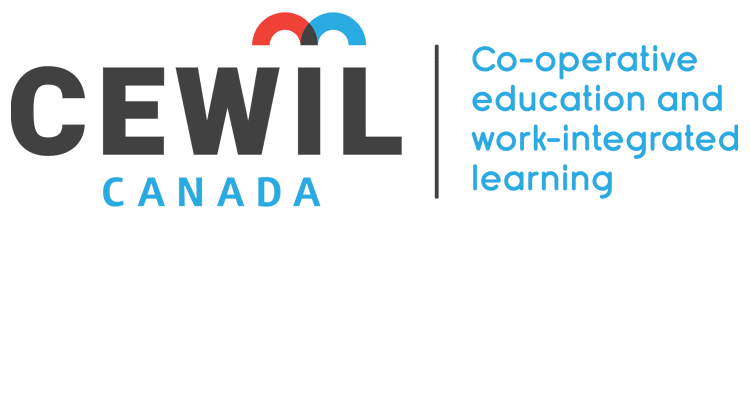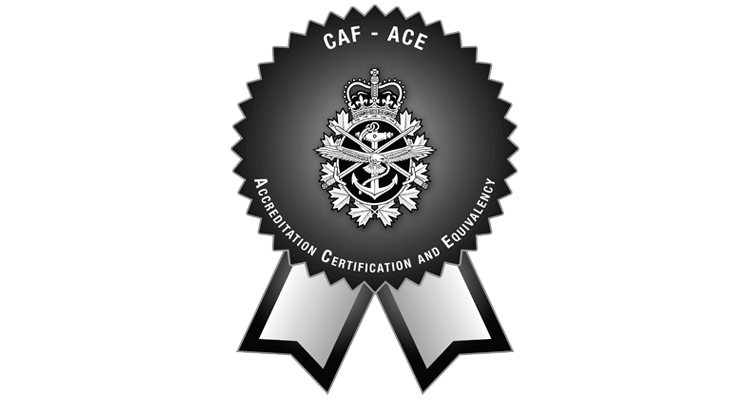Applying as a Canadian applicant
Applying as an International applicant
Campus tours
Campus tours are one of the best ways to experience Conestoga. During this time, we are offering online guided tours to show you all Conestoga has to offer.
Book your tourVirtual tours
If you can't make an on-campus tour or attend one of our events, the virtual tour is a great way to visit us.
View our Virtual tourProgram description - September 2026
Do you love understanding the underlying concepts needed to bring your projects to fulfillment? Are you intrigued by computers and embedded systems?
Our three-year Computer Engineering Technology program, combined with its optional Co-op industry placement, will realize your goals. Graduates can assume various career paths, including electronics and computer technologists, software engineers, field service technologists, automation specialists, or quality control technologists. They assume any role where they can apply their skills in designing, developing, assembling, installing, maintaining, testing, troubleshooting, and calibrating computer-based systems.
The program distinguishes itself by combining a solid theoretical foundation with hands-on skills. This unique combination will prepare you to produce results and to communicate with more experienced peers in the industry effectively. You will also get to work in the industry for sixteen months through the optional co-op program. The program is aligned with industry trends and demands through regular input from the industry. It provides a robust background for industry jobs and career advancement.
You will become adept at circuit analysis and design, analog and digital electronics, microprocessors, digital signal processing, computer programming, computer networks, user interface design, data structures, operating systems, instrumentation, and troubleshooting.
At Conestoga, you can access modern laboratories with cutting-edge instrumentation for hands-on experimentation and prototyping, including oscilloscopes, function generators, spectrum analyzers, and soldering stations. You will also have access to computer labs and software for design, simulation, development, and troubleshooting. You will use computing devices and embedded systems to control hardware and have the opportunity to work individually and in teams.
Upon completing this program, you will receive a three-year diploma recognized by The Ontario Association of Certified Engineering Technicians and Technologists (OACETT) as meeting all the academic requirements for certification in the Certified Engineering Technologist (CET) category. The Royal Canadian Navy has also recognized the Electronics Engineering Technician program and now qualifies for Canadian Armed Forces skill recognition. Students who graduate from this program will receive advanced standing as a Weapons Engineering Technician in the Royal Canadian Navy (subject to successful enrolment in the Canadian Armed Forces).
Come and join us on an exciting journey to learning technology. Contact the program coordinator at electronics@conestogac.on.ca with any questions on this program.
Turn your diploma into a degree
After completing this diploma, you can pursue the following degree(s) through advanced standing:
Program details
Estimated tuition & fees
Tuition and fee details for programs starting September 2026 and later will be available Spring 2026. Listed below are the tuition and fee details for the 2025-2026 academic year (September 2025 to August 2026) for your selected intake. Books and supplies may be additional.
2 Terms
Canadian
International
Canadian fee details (non co-op option)
| Description | Fall 2025 | Winter 2026 |
|---|---|---|
| Full-time Program Tuition | $1348.00 | $1348.00 |
| Administration Fee | $25.00 | $25.00 |
| Capital Development Fee | $84.22 | $84.22 |
| CSI Advocacy Fee | $8.16 | $8.16 |
| CSI Association Fee | $104.04 | $104.04 |
| CSI Extended Health & Dental Plan Fee | $354.00 | - |
| CSI Legal Care Fee | $30.00 | - |
| CSI UPass Fee | $124.91 | $124.91 |
| Graduation/Alumni Services Fee | $20.00 | $20.00 |
| ONE Card Fee | $8.50 | $8.50 |
| Recreation/Athletics Fee | $71.50 | $71.50 |
| Student Services | $89.00 | $89.00 |
| Technology Enhancement Fee | $110.00 | $110.00 |
| CSI - Student Welcome Kit Fee (optional) | $75.00 | - |
| CSI Student Club & Society Fee (optional) | $10.00 | $10.00 |
| CSI Student Events Fee (optional) | $35.00 | $35.00 |
| Sustainability Fee (optional) | $5.00 | $5.00 |
| Term Total | $2502.33 | $2043.33 |
| Year Total | $4545.66 |
Returning student tuition & fees
View all Canadian tuition & fee details for all levels
View all International tuition & fee details for all levels
International fee details (non co-op option)
| Description | Fall 2025 | Winter 2026 |
|---|---|---|
| International Program Tuition | $7513.00 | $7513.00 |
| Administration Fee | $25.00 | $25.00 |
| Capital Development Fee | $84.22 | $84.22 |
| CSI Advocacy Fee | $8.16 | $8.16 |
| CSI Association Fee | $104.04 | $104.04 |
| CSI College Int'l Health Insurance Plan (CIHIP) | $595.00 | - |
| CSI Extended Health & Dental Plan Fee | $308.00 | - |
| CSI Legal Care Fee | $30.00 | - |
| CSI UPass Fee | $124.91 | $124.91 |
| Graduation/Alumni Services Fee | $20.00 | $20.00 |
| ISR (International Student Recovery) | $375.00 | $375.00 |
| ONE Card Fee | $8.50 | $8.50 |
| Recreation/Athletics Fee | $71.50 | $71.50 |
| Student Services | $89.00 | $89.00 |
| Technology Enhancement Fee | $110.00 | $110.00 |
| CSI - Student Welcome Kit Fee (optional) | $75.00 | - |
| CSI Student Club & Society Fee (optional) | $10.00 | $10.00 |
| CSI Student Events Fee (optional) | $35.00 | $35.00 |
| Sustainability Fee (optional) | $5.00 | $5.00 |
| Term Total | $9591.33 | $8583.33 |
| Year Total | $18174.66 |
Returning student tuition & fees
View all Canadian tuition & fee details for all levels
View all International tuition & fee details for all levels
Not available

Program device & software requirements
This program requires you to have a device that meets certain specifications. For most students, this cost is in addition to the tuition & fees listed above.
view device requirementsFinancial assistance
Awards & scholarships
Student Financial Services awarded more than 400 awards, scholarships and bursaries last year.
Co-op information
- Co-op programs add value to your education. Earn money while you apply what you've learned in a real workplace environment. Visit Co-operative education for more information.
- The College cannot guarantee co-op employment. All co-op students are required to conduct an independent co-op job search in addition to the supports and services provided by the Department of Co-op Education.
- Students are responsible for their own transportation and associated costs in order to complete work term requirements. Work locations may not always be readily accessible by public transportation.
- In order to participate in a WIL experience/Co-op work term, students must be legally eligible to work in Canada.
Applying to the co-op stream
- All applicants apply to the non co-op program. Students will be informed of the application deadline and process to apply for the Co-op Stream. Labour market conditions determine the number of co-op seats in optional co-op programs. Not every student who meets academic eligibility requirements will be admitted to the co-op stream.
- To be considered for admission to the co-op stream, students are required to achieve a minimum overall 65% weighted average in Year 1 with no dropped or failed courses.
- International students will require work permits to utilize the co-op job board for job search and to accept employment. Students are currently experiencing longer than usual wait times for work permits. Please be advised that there will be no co-op program service fee refunds after the program withdrawal for refund date. Students that have not received their work permit and choose to remain in co-op after the program withdrawal for refund date do so at their own risk and will not be refunded. If you are concerned about receiving your work permit in time to achieve co-op employment, please discuss your situation with your co-op advisor as early as possible.
Delivery sequence - September 2026 - Cambridge – Fountain Street
This delivery sequence is for the non co-op option.
| FALL | WINTER | SPRING |
|---|---|---|
| Class | Class | Break |
| Class | Class | Break |
| Class | Class |
This delivery sequence is for the co-op option.
| FALL | WINTER | SPRING |
|---|---|---|
| Class | Class | Break |
| Class | Class | Work Term |
| Work Term | Work Term | Work Term |
| Class | Class |


